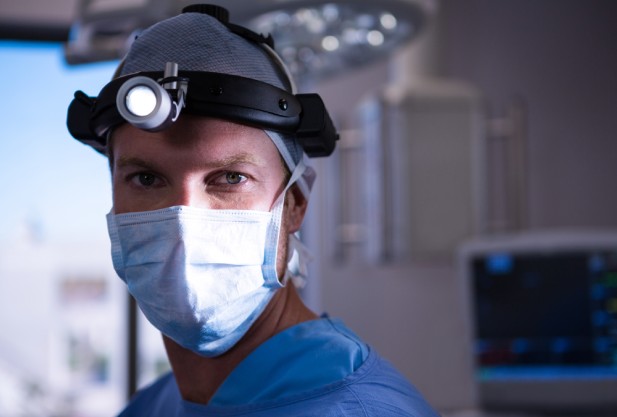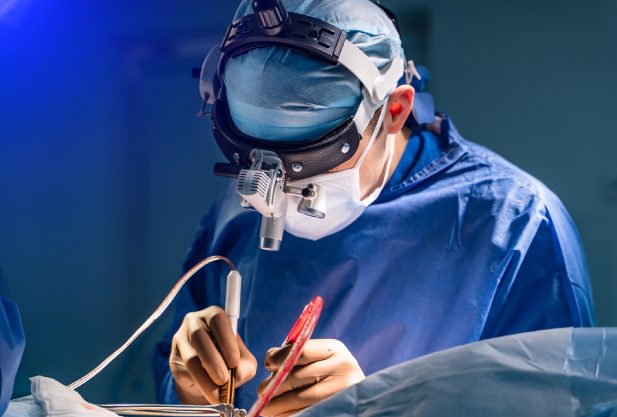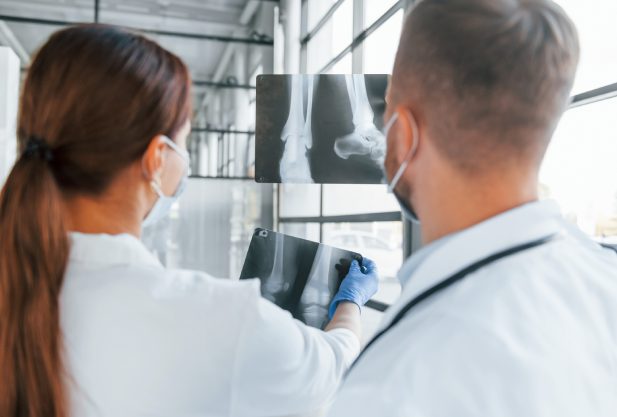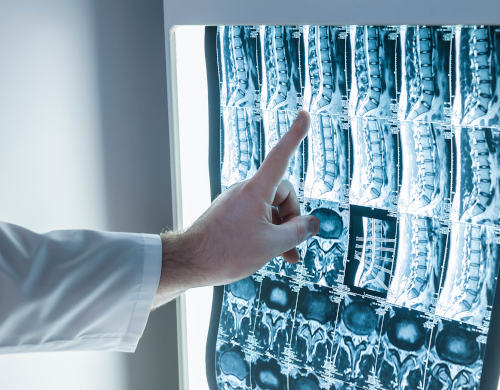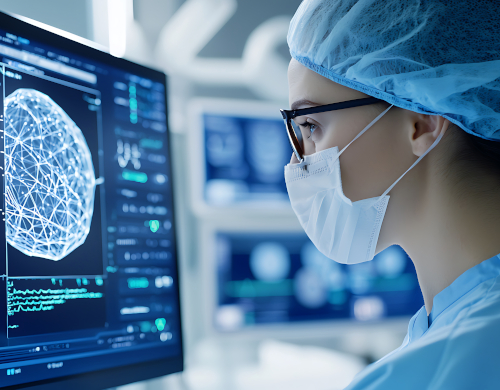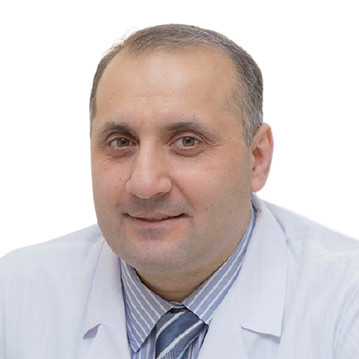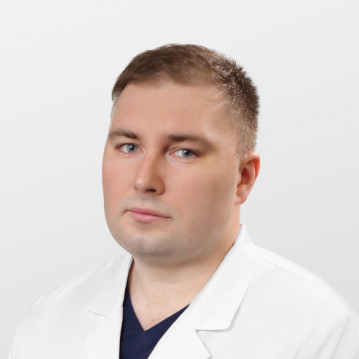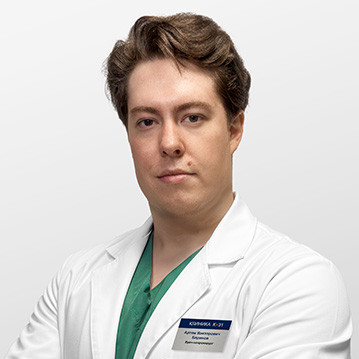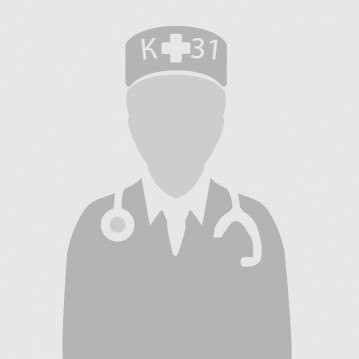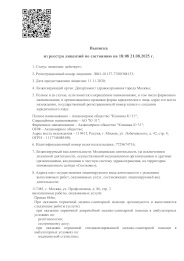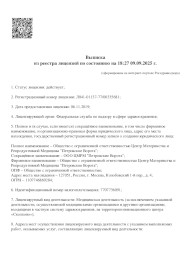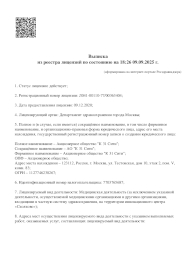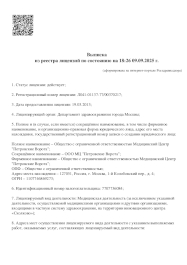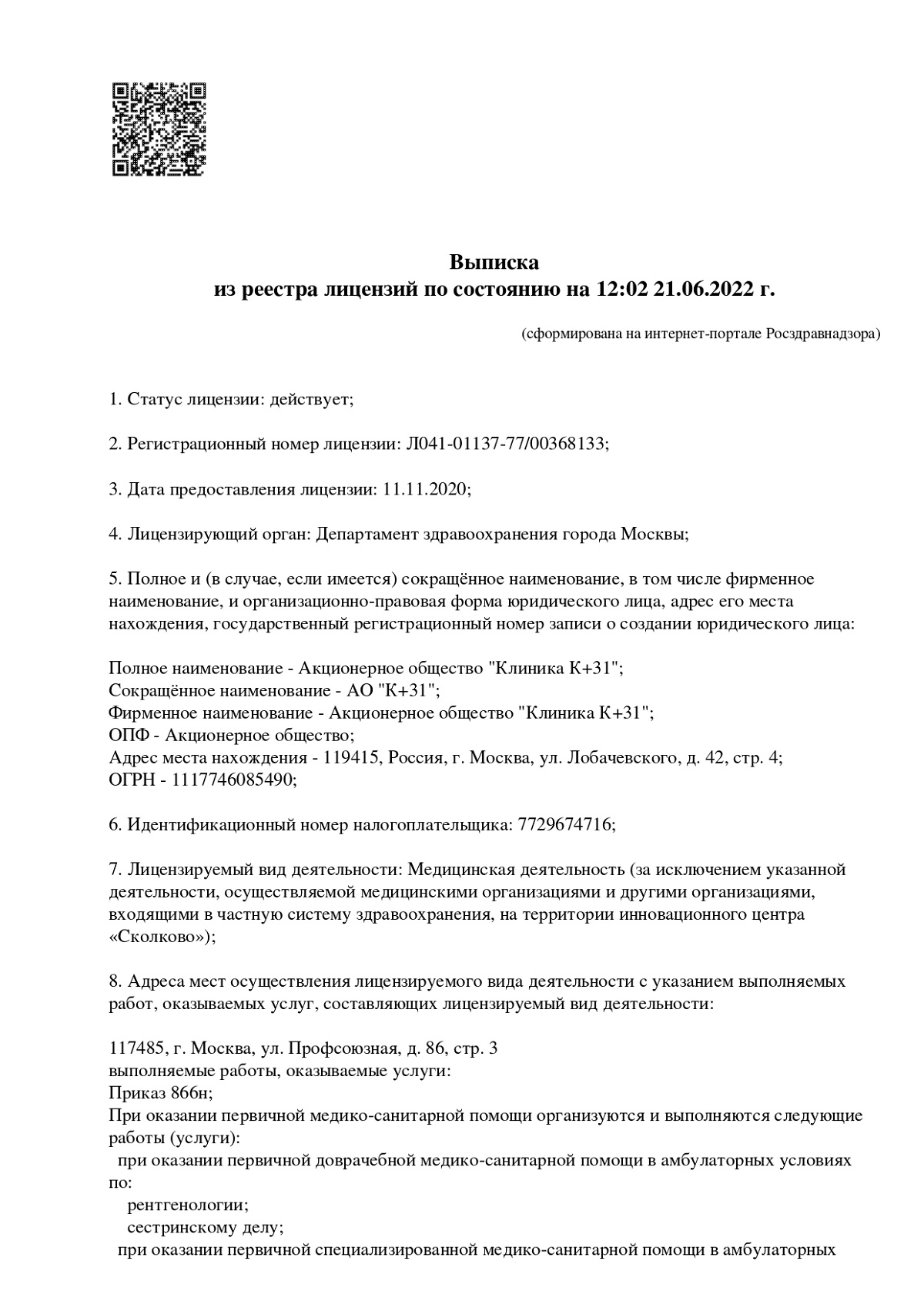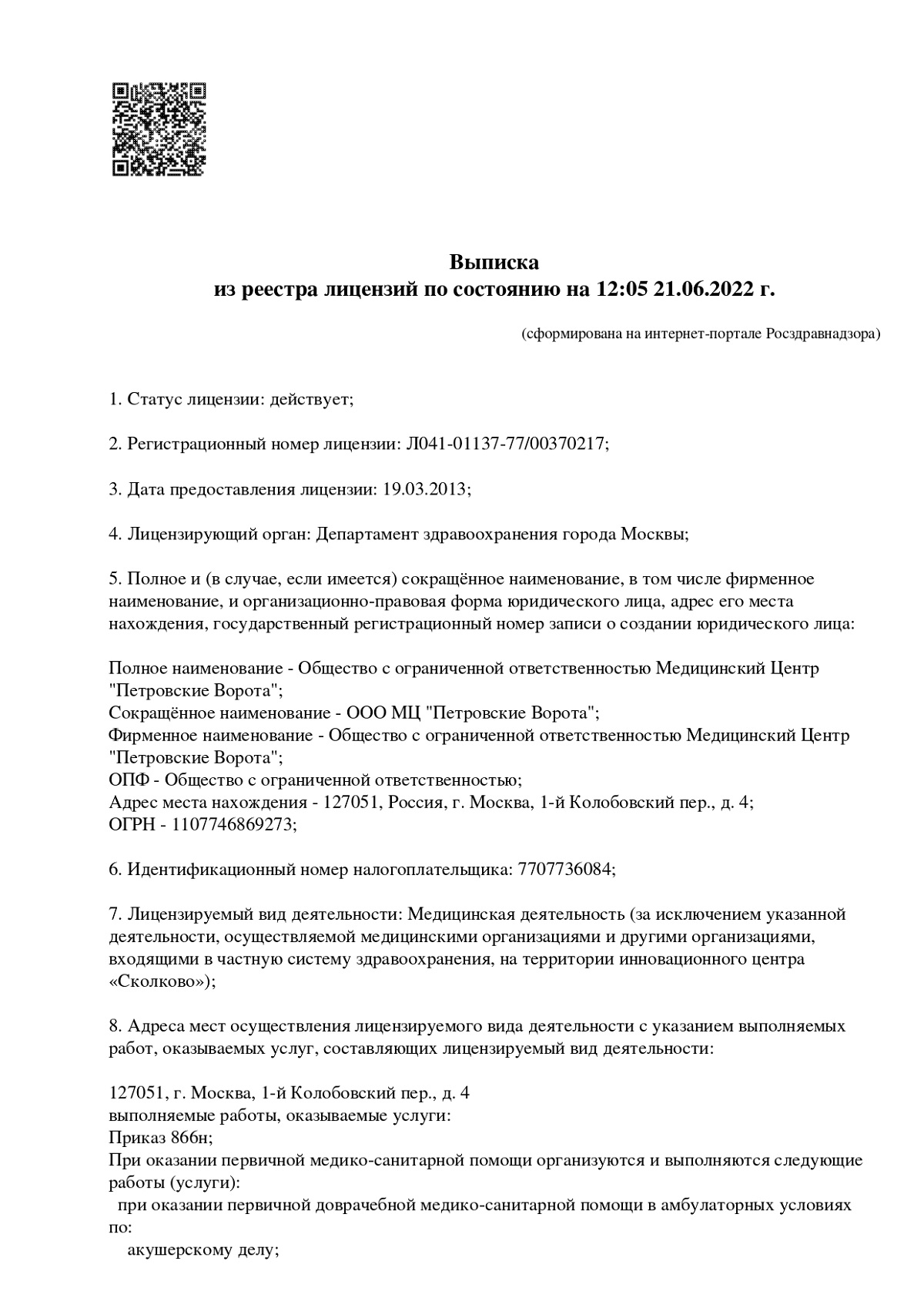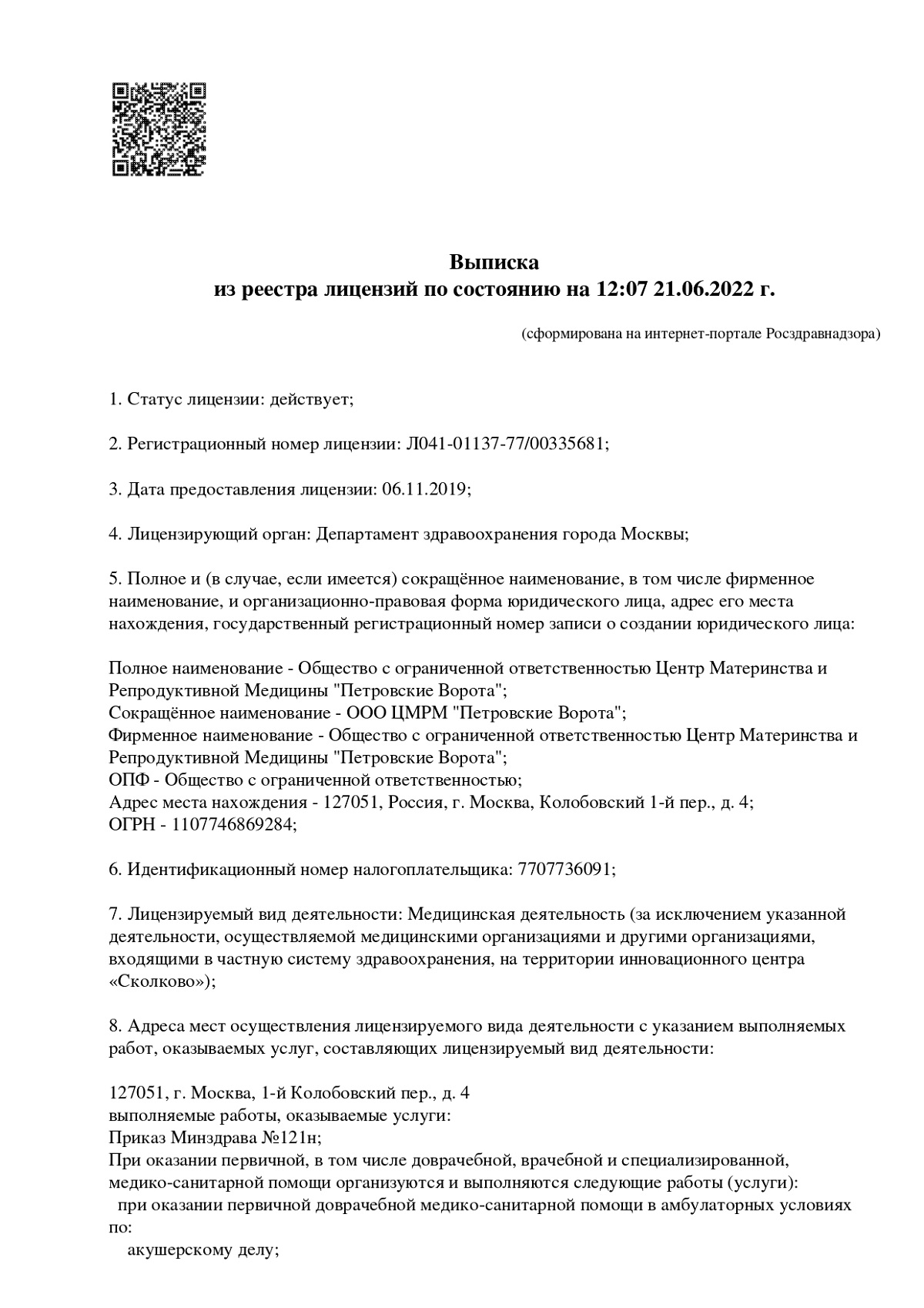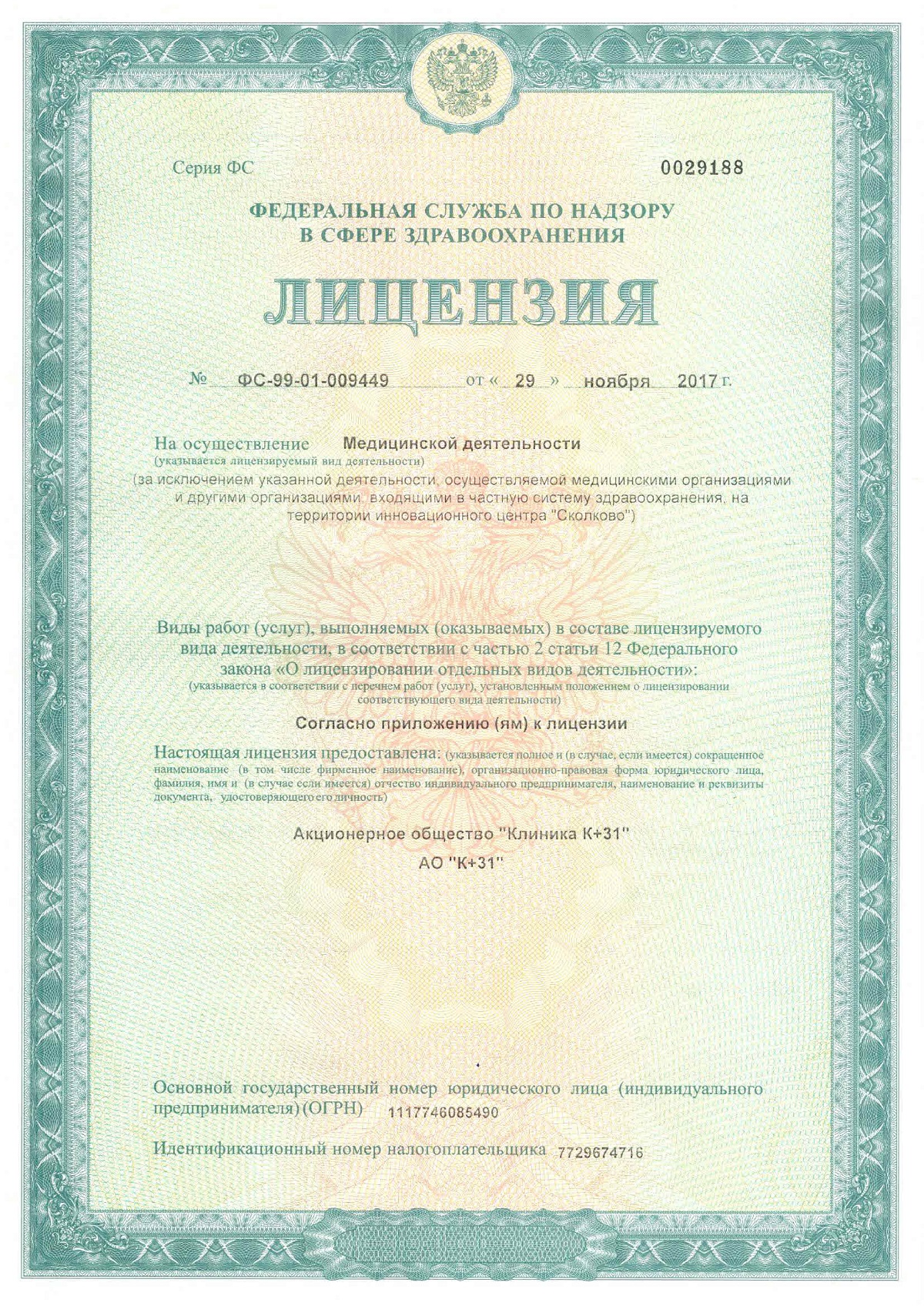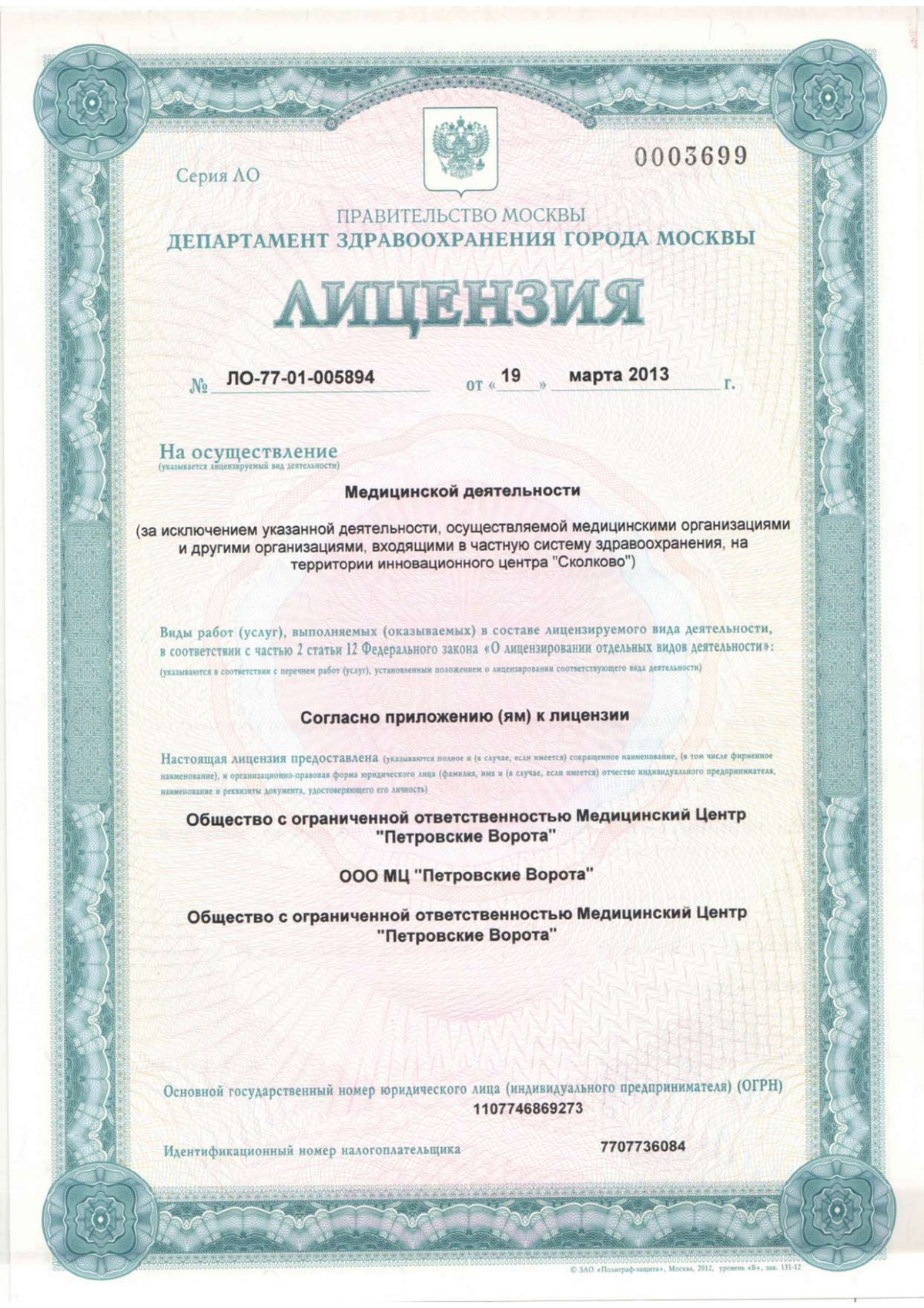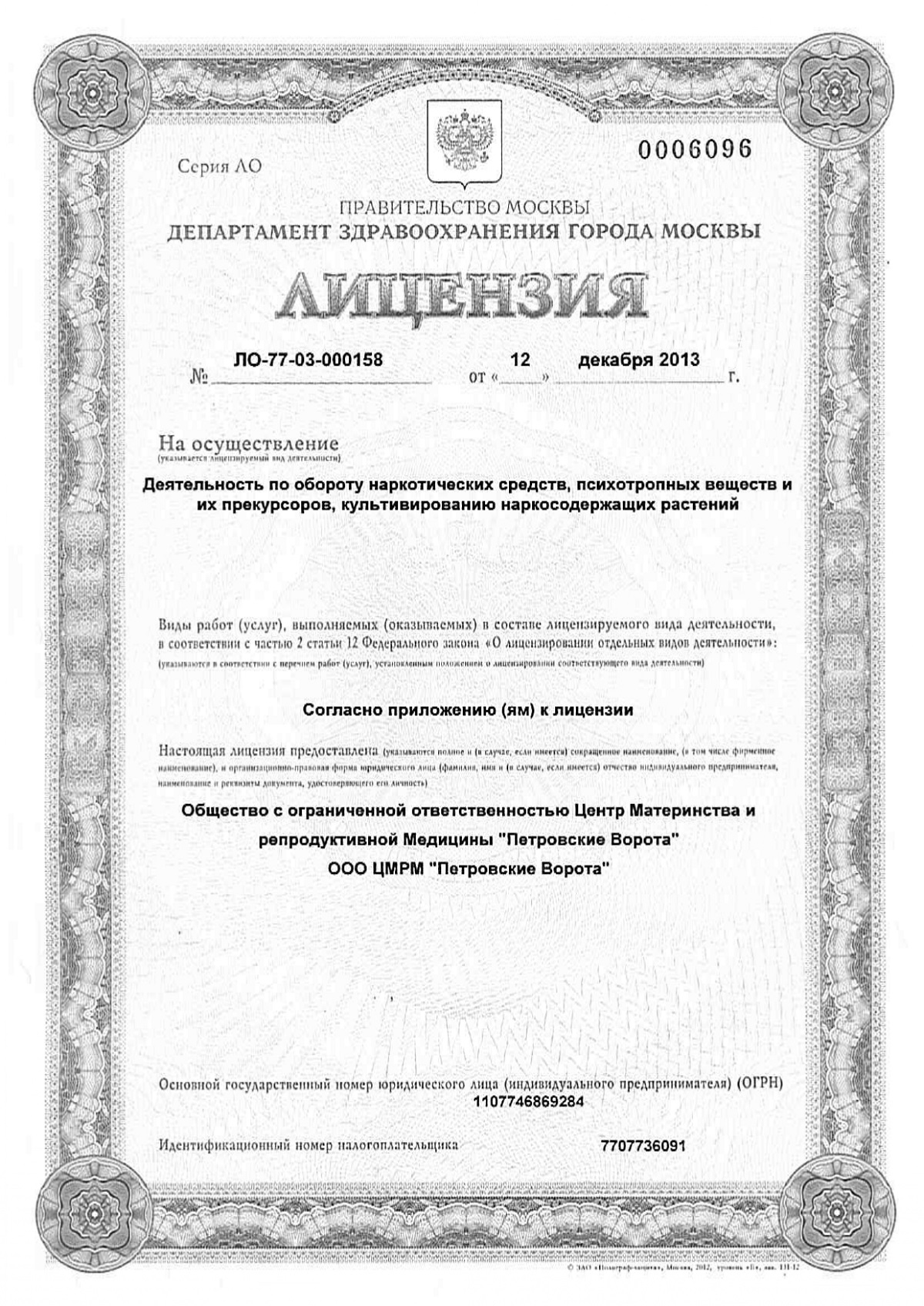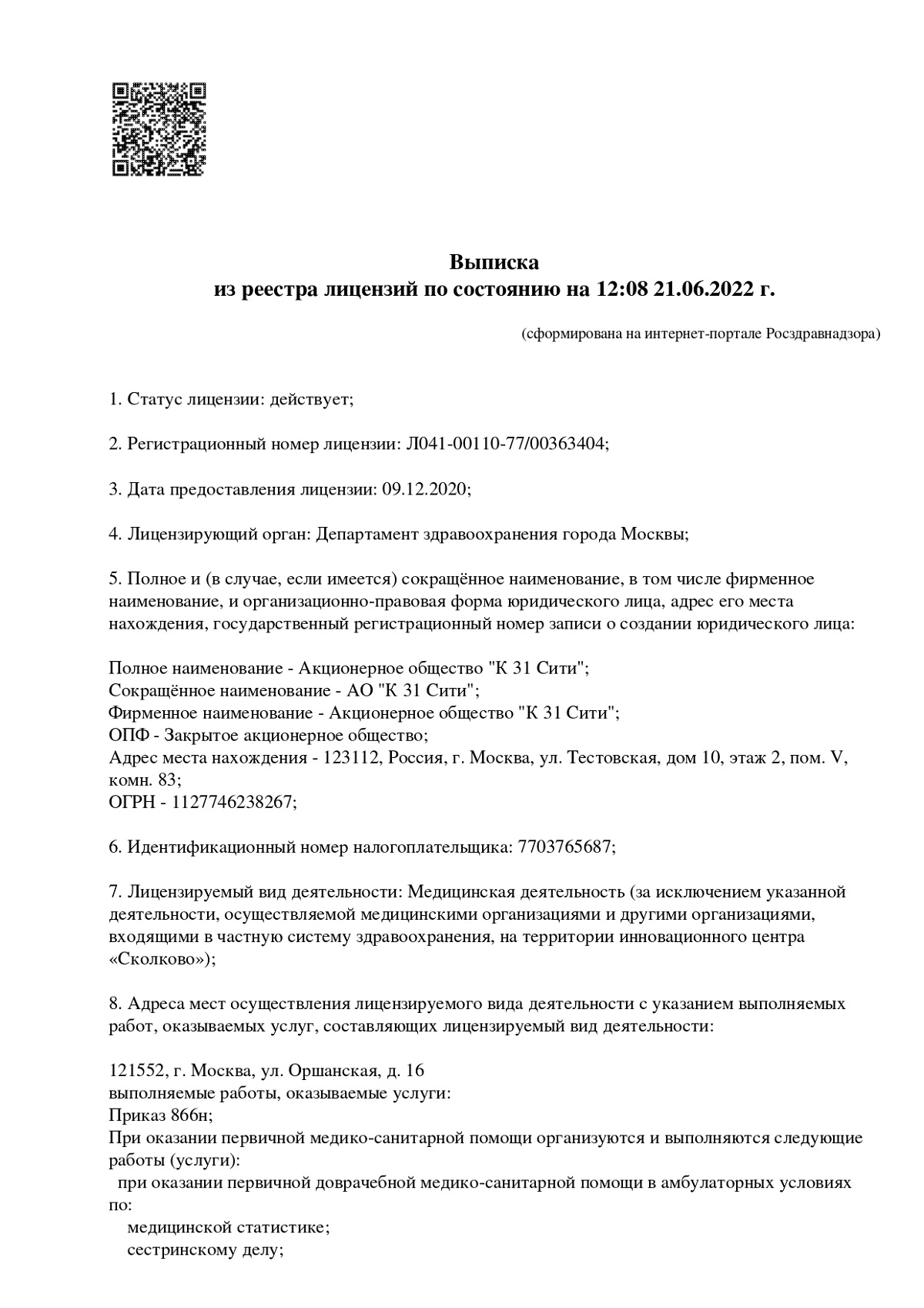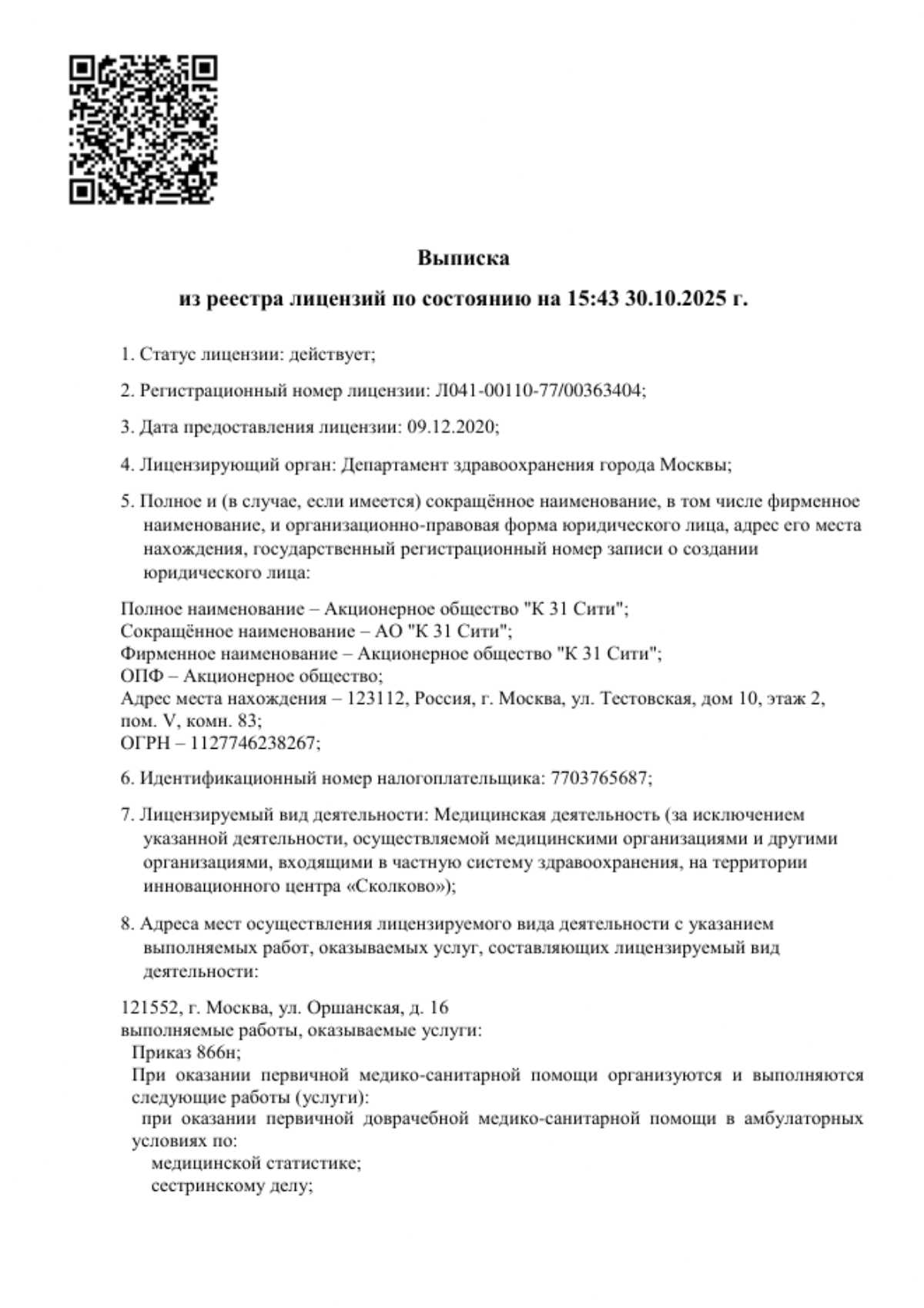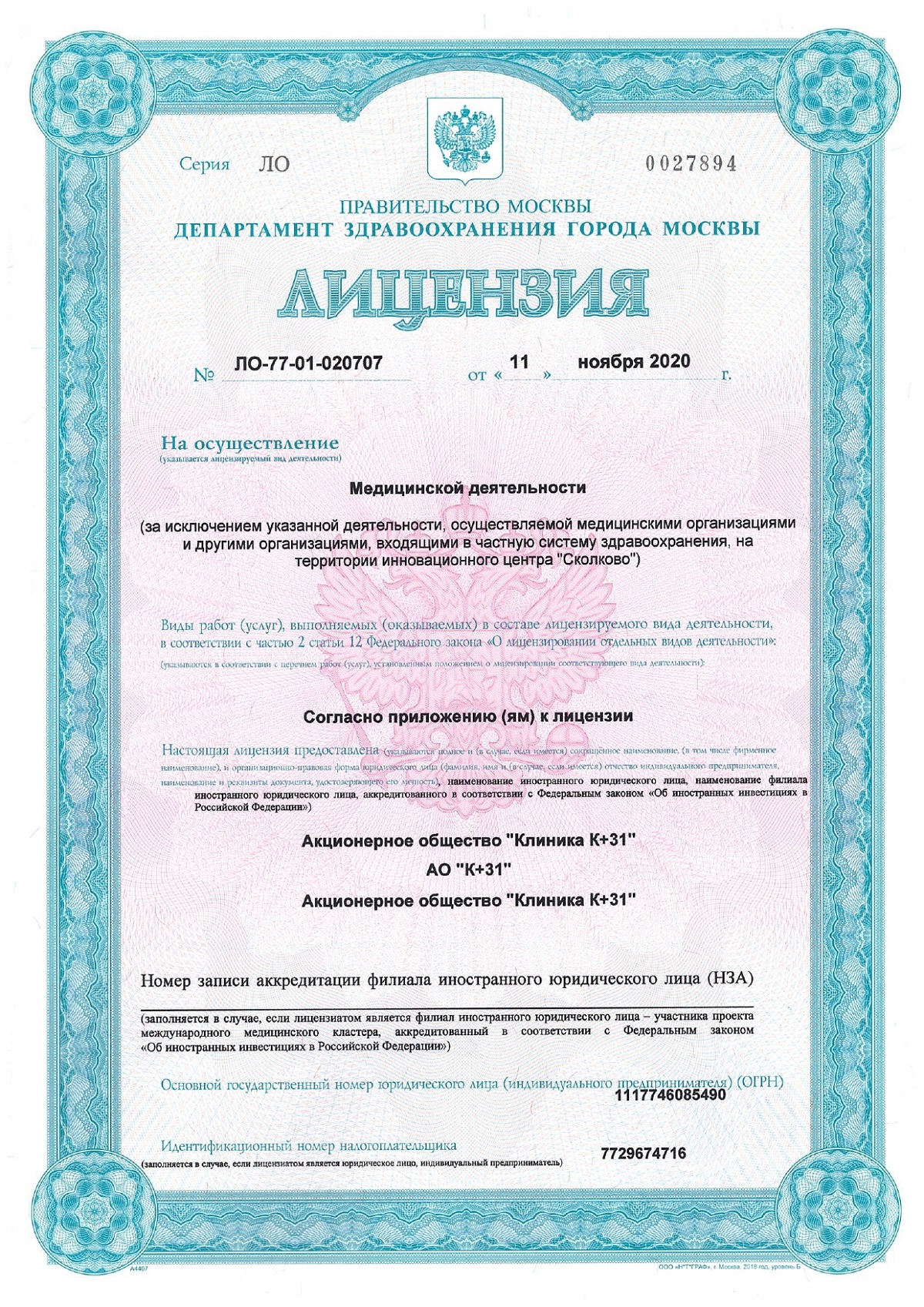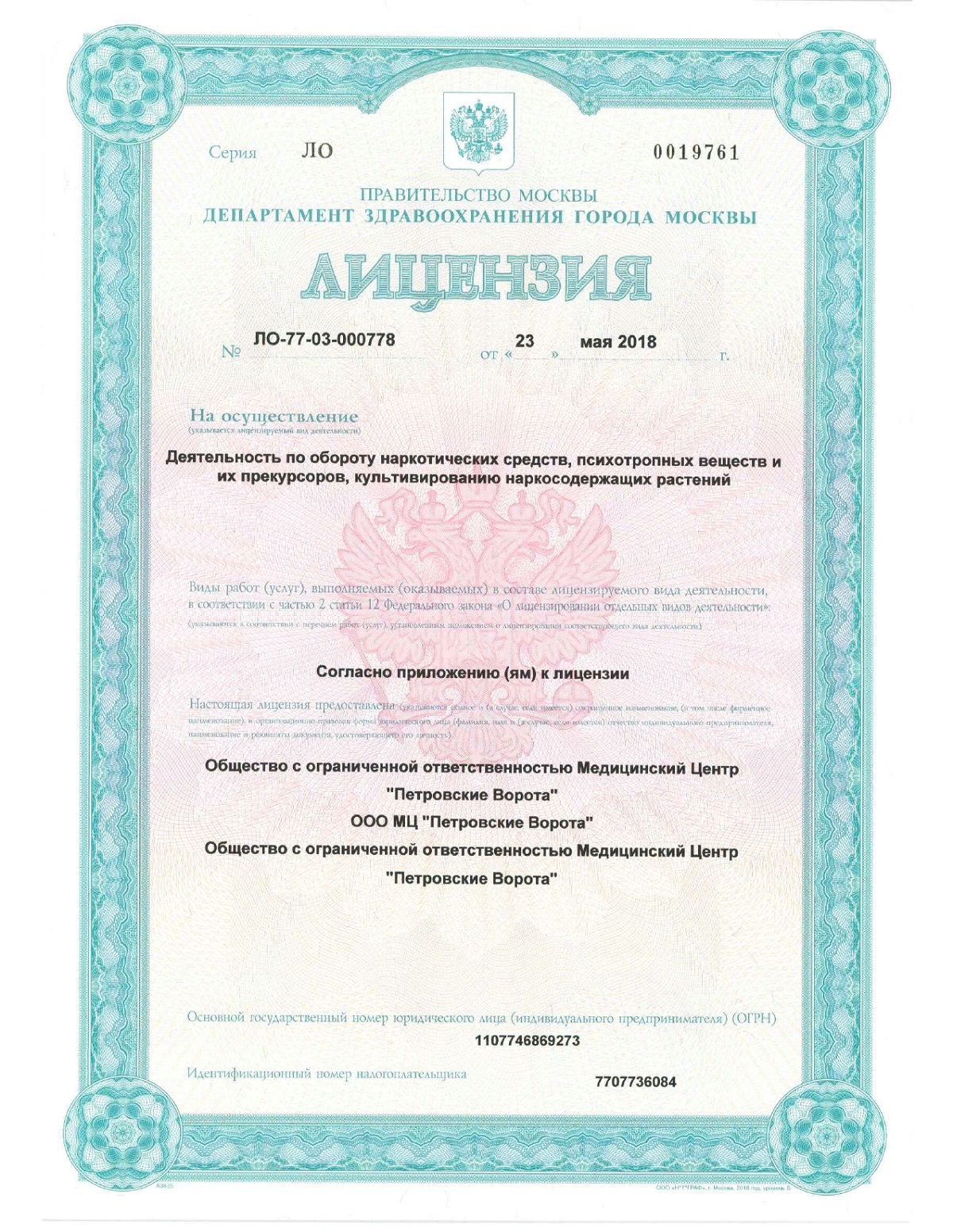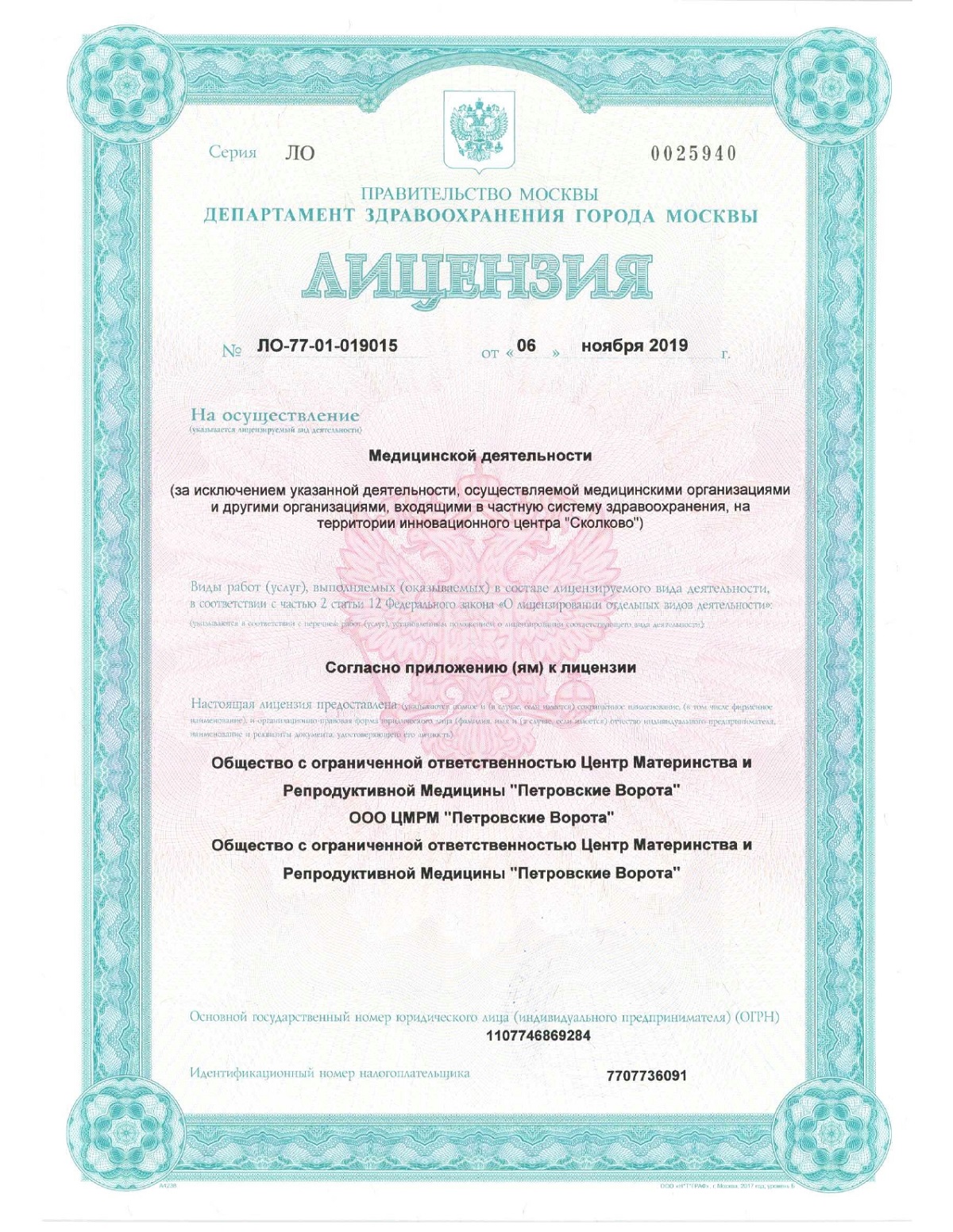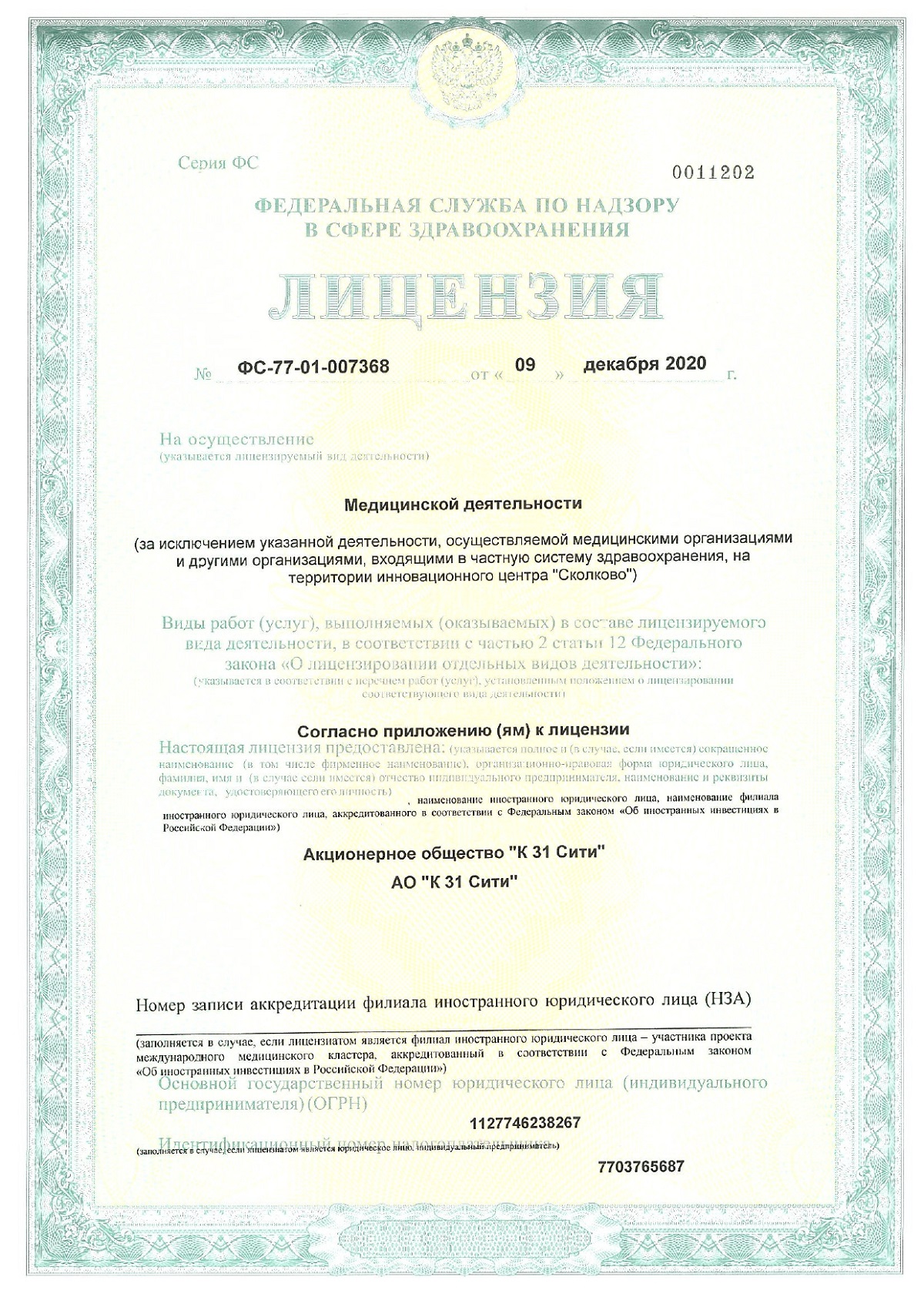Neurosurgery
and damage to the nervous system.
How does a consultation with a neurosurgeon proceed?

Consultation with a neurosurgeon at the neurosurgery clinic takes place in several main stages:
- Examination of the patient and collection of complaints
- Study of medical data, including MRI images, CT, ENMG and the results of other examinations, if they were carried out previously (if not, then depending on the clinical case, the neurosurgeon prescribes certain procedures)
- Assessing the patient’s pain syndrome with determining the location of the source of the pain (especially important for problems with the spine)
Based on the results of the collected information, the doctor decides on additional medical examination, if necessary. If there is enough data, then a treatment plan is drawn up after an accurate diagnosis.
Useful information
What is neurosurgery?
What to expect if surgery is necessary?
What is the difference between a neurologist and a neurosurgeon?
How to choose a doctor?
Do I need surgery if I am referred to a neurosurgeon?
What should you take with you to your consultation?
What to expect at your first consultation with a neurosurgeon?
How long does it take to see a neurosurgeon?
Can a doctor assess my condition without being present in person?
Does the hospital have parking?
Can I take relatives to see the doctor?
What kind of doctor is a neurosurgeon?
What additional examinations are needed before surgery?
When will the operation be?
Do I need to take my usual medications before surgery?
How long does the operation take?
What are the risks of the operation?
How will the operation take place?
What does minimally invasive spine surgery mean?
What to expect after surgery?
How long does it take to recover after surgery?
How long will I be on sick leave?
When can I drive?
How to care for a postoperative wound
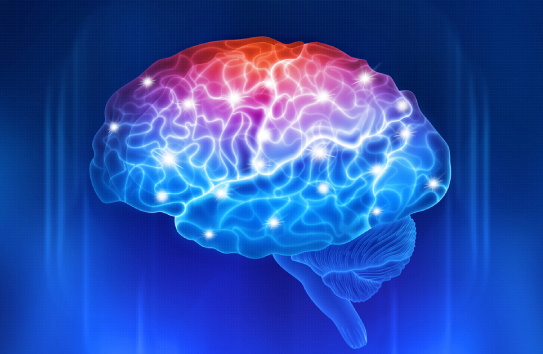
- Congenital disorders of the pathology of the brain, its membranes and skull.
- Diseases of the spine associated with irritation and incarceration syndromes (herniated discs)
- Impaired cerebral circulation, including those associated with the pathology of the development of cerebral vessels.
- Oncological pathologies (including tumors of the spinal cord) and vascular anomalies of the spinal cord.
- Peripheral and central pain syndrome.
- Trigeminal neuralgia.
- Tranio-cerebral injury.
Specialists working at the Center for Neurosurgery in Moscow have a higher medical education, many of them are PhDs. The patient is prescribed an effective drug treatment to get rid of chronic pain. If necessary, surgical intervention is performed in the hospital.
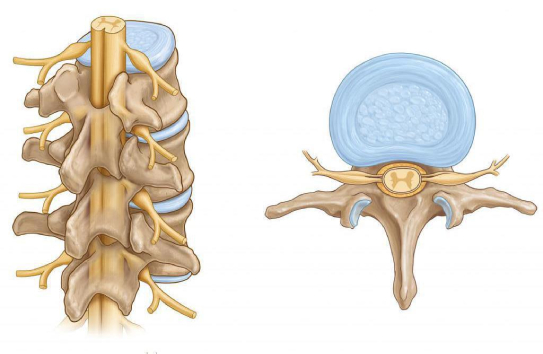
- Computed and magnetic resonance imaging.
- Lumbar puncture
- Myelography
- Doppler ultrasound scan.
- Cerebral angiography.
- Electromyography
- Electroencephalography.
- Echoencephalography.
According to the results of the research, the specialist of the "Surgery Center" will make an accurate diagnosis and select the best treatment plan for you.
Our spinal neurosurgery team will be happy to assist you throughout your stay at our facility. During the treatment process, you will be helped not only by operating doctors, but also by related specialists (neurologists, physiotherapists, exercise therapy instructors), as well as nursing staff and even your family. We will strive to tailor your treatment and recovery program to your needs.
In this booklet you will receive brief information related to the planned operation
Our team of doctors from the neurosurgical department will be happy to help you at all stages of your stay in our institution. During the treatment, you will be assisted not only by the operating doctors, but also by related specialists (neurologists, speech therapists, occupational therapists), as well as by the nursing staff and even your family. We will try to adapt the treatment and recovery program to your needs.
In this booklet, you will receive brief information related to the planned operation
Price

This award is given to clinics with the highest ratings according to user ratings, a large number of requests from this site, and in the absence of critical violations.

This award is given to clinics with the highest ratings according to user ratings. It means that the place is known, loved, and definitely worth visiting.

The ProDoctors portal collected 500 thousand reviews, compiled a rating of doctors based on them and awarded the best. We are proud that our doctors are among those awarded.
Make an appointment at a convenient time on the nearest date
Reviews 6


